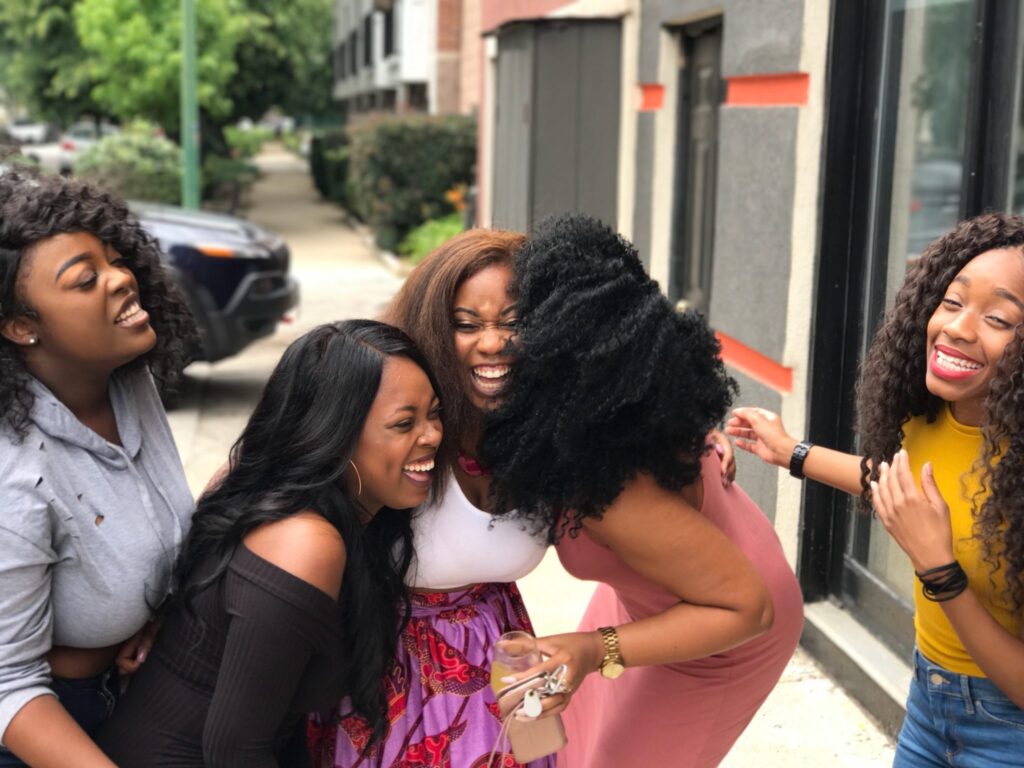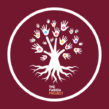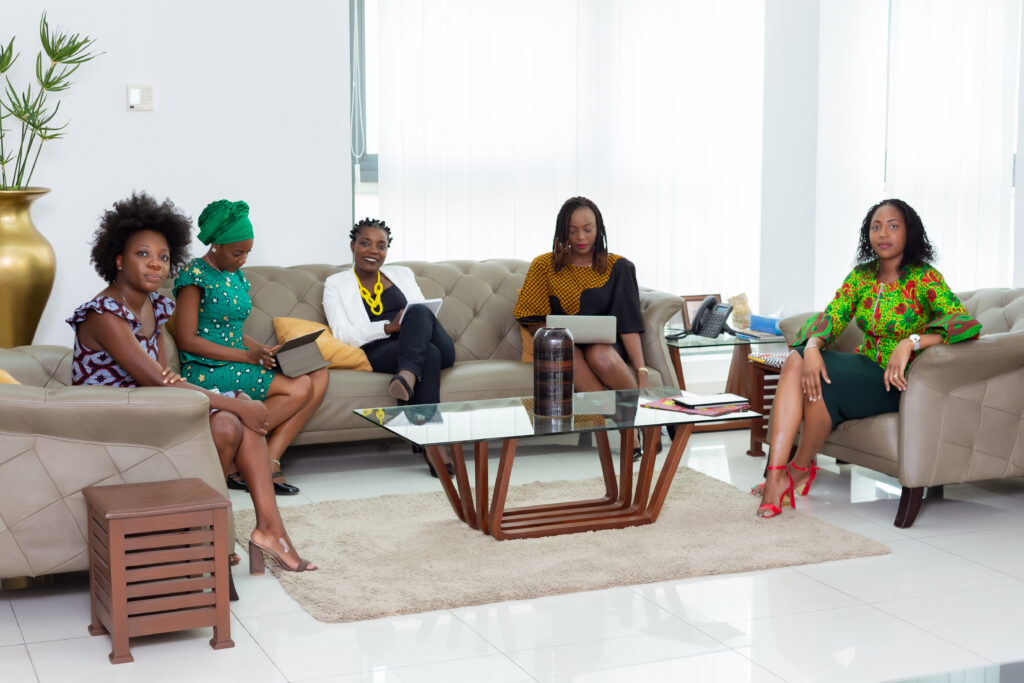After listening to the inspiring words of the women featured in the previous video and reading through the insightful responses of young people from diverse backgrounds, it is clear that denying girls access to education and women a place at the table can have far-reaching negative consequences for any society. We believe that a more equitable and inclusive environment for girls and women is crucial for unlocking our full potential and building a better future for all.
“The ability to read, write, and analyze; the confidence to stand up and demand justice and equality; the qualifications and connections to get your foot in that door and take your seat at the table – all that starts with education.” – Michelle Obama
WE LATER ASKED THESE WOMEN WHAT FUTURE THEY HOPE TO SEE IN EDUCATION, HERE’S WHAT THEY SAID:
In addition to the video responses, we also asked these women from the previous write-up what future they hope to see in education and here’s what they said:
Ann Holland – Feminist and Co-founder of Sistah Sistah Foundation: I want quality education for black women, not a white-washed narrative of what education is but something impactful and true to our roots. I want an education that liberates a black woman and sows results. I want more black women to feel entitled to wealth, good jobs, great education, and positions of leaders.
StephyLately – Market Analyst/Lifestyle blogger: I hope to see more of the girl child progressing to higher education especially in Zambia and not just branching off to marriage as there is more to life than marriage and kids.
Nzovwa Kasanda: I hope to see education being easily attainable especially for Africans.
Beliya – Digital Specialist: I hope to see more young black women who are educated and unashamed to show it. Black women need to be loud and proud of how well educated they are because they represent a breath of fresh air and a wave of unstoppable change!
Inota Cheta – Co Founder She Entrepreneur: I hope to see a world where everyone has access to education. Where cost and proximity do not disadvantage those that are less privileged. Where everyone is given a fair opportunity to get an education.
Mwanja: I hope that education of all forms whether formal or informal is not reserved for a sect of the community. Regardless of social status, class, race, sex, ethnicity, and sexuality; the future I look to promises high-quality education that incorporates all. Additionally, while on inclusiveness, I hope that education is mainstreamed in such a way that promotes and challenges learners in alternative and non-conventional means to factor in that everyone learns differently. That our classrooms provoke our critical consciousness and curiosity with relevant, flexible, and up-to-date examples, tools, and methods that will equip us with the right information and skills to create our solutions to the problems around us. This is a future I would like to experience or contribute to creating.

Lumbiwe Limbikani – Education, Tech and Teacher Development Specialist: I hope for a future where everyone has access to education, access to quality education for all, equitable access to education that empowers people to use the resources around them to develop, innovate and be able to solve everyday challenges. Education that teaches people to learn not just for now, but for the unforeseeable future.
Tina: I hope to see a future where young black women and girls can get an education without economic, social, and cultural obstructions.
Foster Chibwe – Human Rights activist focused on access to opportunities and sustainability: I hope for free and wide access to education for all. Inclusive meaning all races, ethnicities, all abilities, ages, social backgrounds and I hope we catch on with STEM.
Ishimwe Pacifique Liyana – Cofounder of Basali, The New Woman: In the future, I hope to see better access. I also hope to see education that is streamlined to suit the unique challenges that black girls face. Access to therapists for girls that come from homes that are abusive in school for example. Teachers that are gentle and take their time with girls when it’s to do with teaching them sciences and math and technology-based subjects. And education that supports the arts as much as it supports sciences. I hope to see a world where teachers do not stereotype girls but allow them to do what interests them and what they are good at, wherever it may be arts or sciences. But mostly, I hope to see a world where every black girl can access good education, regardless of nationality, economic and social background.
Gracia K. Senga – Founder of More Graca Clothing Store: I would love to see more women getting an education, more black women getting access to education…especially those who have difficulty accessing it because of their financial situation, skin color, or the fact that they are women.

